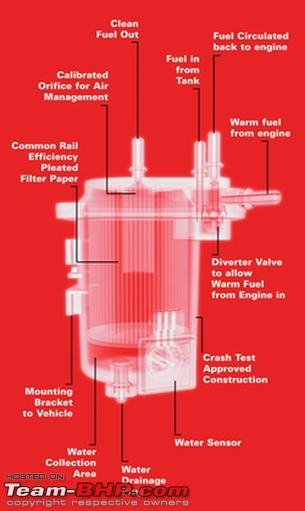| | #16 |
| Senior - BHPian | |
| |
| |
| | #17 |
| Newbie Join Date: Mar 2009 Location: Bangalore
Posts: 19
Thanked: 4 Times
| |
| |
| | #18 |
| Senior - BHPian Join Date: Jun 2008 Location: Coimbatore
Posts: 2,604
Thanked: 6,165 Times
| |
| |
| | #19 |
| BHPian Join Date: Nov 2008 Location: BANGALORE
Posts: 406
Thanked: 96 Times
| |
| |
| | #20 |
| Senior - BHPian | |
| |
| | #21 |
| BANNED | |
| |
| | #22 |
| BHPian Join Date: Apr 2008 Location: on the move
Posts: 457
Thanked: 34 Times
| |
| |
| | #23 |
| Senior - BHPian Join Date: Jun 2008 Location: Coimbatore
Posts: 2,604
Thanked: 6,165 Times
| |
| |
| | #24 |
| BHPian Join Date: Nov 2008 Location: BANGALORE
Posts: 406
Thanked: 96 Times
| |
| |
| | #25 |
| Senior - BHPian Join Date: Dec 2006 Location: NH209
Posts: 1,785
Thanked: 1,467 Times
| |
| |
| | #26 |
| Senior - BHPian Join Date: Feb 2006 Location: Mumbai
Posts: 2,825
Thanked: 5,850 Times
| |
| |
| |
| | #27 |
| Senior - BHPian | |
| |
| | #28 |
| Senior - BHPian Join Date: Jun 2008 Location: Coimbatore
Posts: 2,604
Thanked: 6,165 Times
| |
| |
| | #29 |
| Newbie Join Date: May 2010 Location: Bangalore
Posts: 24
Thanked: Once
| |
| |  (1)
Thanks (1)
Thanks
|
| | #30 |
| BHPian Join Date: Aug 2009 Location: Noida
Posts: 343
Thanked: 686 Times
| |
| |
 |
Most Viewed





 Surya
Surya This is surprising - is it advisable to add 2T oil with Diesel? Has anyone else tried this, especially on a CRDi?
This is surprising - is it advisable to add 2T oil with Diesel? Has anyone else tried this, especially on a CRDi? He is actually a good guy. He was so apologetic, and he would offer to change the filter whenever I get to see him / talk to him. As I am already nearing my next service, I keep pushing it until then - so you gotta be blaming me more!!
He is actually a good guy. He was so apologetic, and he would offer to change the filter whenever I get to see him / talk to him. As I am already nearing my next service, I keep pushing it until then - so you gotta be blaming me more!!